Related Projects
Below is a list of projects that explore the dynamic intersection of technology and humanities, leveraging digital tools and methodologies to uncover new perspectives and insights across disciplines such as Art History, Classical Studies, History, Literature, and Music. Each project is designed to address complex research questions, reimagine traditional approaches, or ask entirely new questions that were previously unapproachable. Rooted in the principles of humanities scholarship, these initiatives highlight the transformative potential of digital technologies in advancing humanistic inquiry.
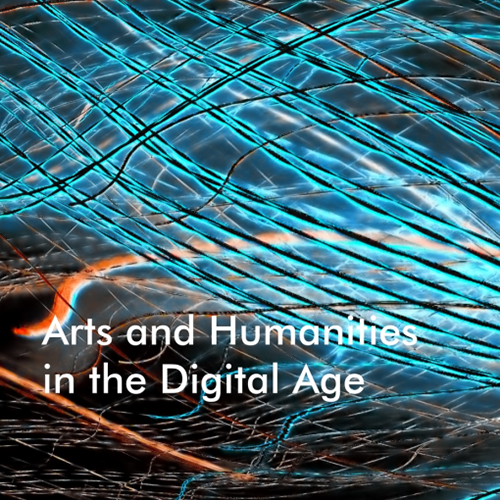
CHASE Arts and Humanities in the Digital Age
The Arts and Humanities in the Digital Age programme will engage you with the concepts and practices that form the field of Digital Humanities, preparing you for the challenges of doing research in an increasingly digital world.
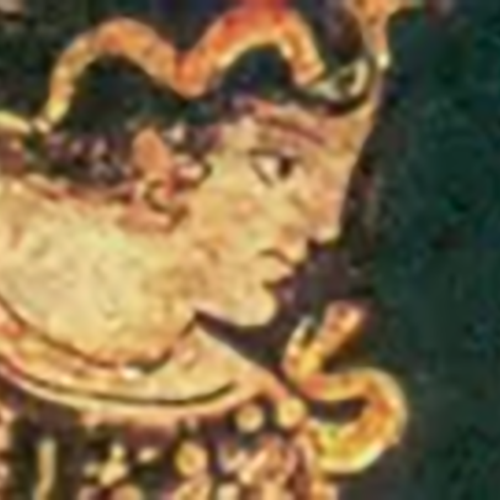
Classics Confidential
Classics Confidential is a website where you will find hundreds of video and audio interviews with people who are passionate about Classics and the ancient Greek and Roman worlds.
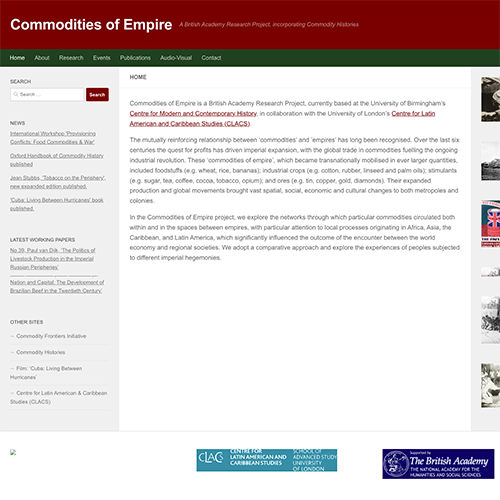
Commodity Histories
Commodities of Empire is a British Academy Research Project, currently based at the University of Birmingham’s Centre for Modern and Contemporary History, in collaboration with the University of London’s Centre for Latin American and Caribbean Studies (CLACS).
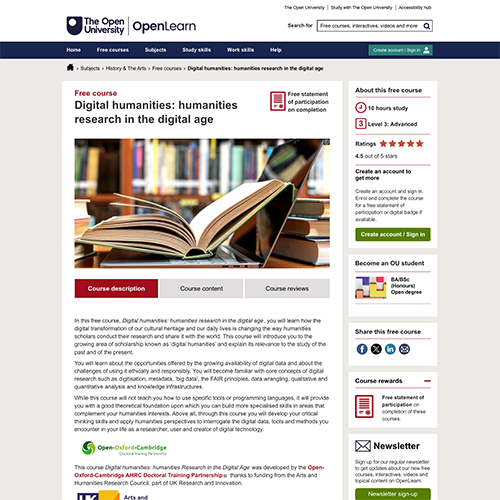
Digital Humanities: Humanities Research in the Digital Age (free OpenLearn course)
In this free course, Digital humanities: humanities research in the digital age, you will learn how the digital transformation of our cultural heritage and our daily lives is changing the way humanities scholars conduct their research and share it with the world.
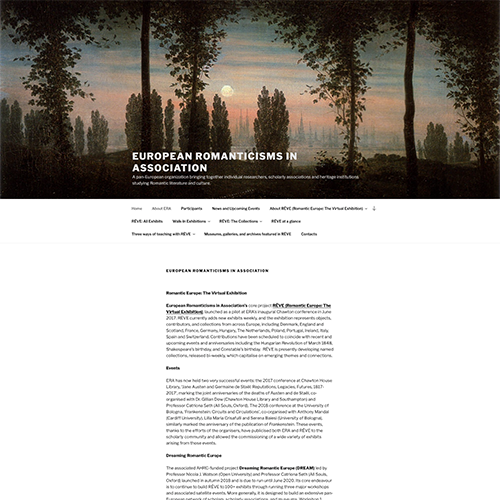
ERA/RÊVE
European Romanticisms in Association’s core project RÊVE (Romantic Europe: The Virtual Exhibition), launched as a pilot at ERA’s inaugural Chawton conference in June 2017.
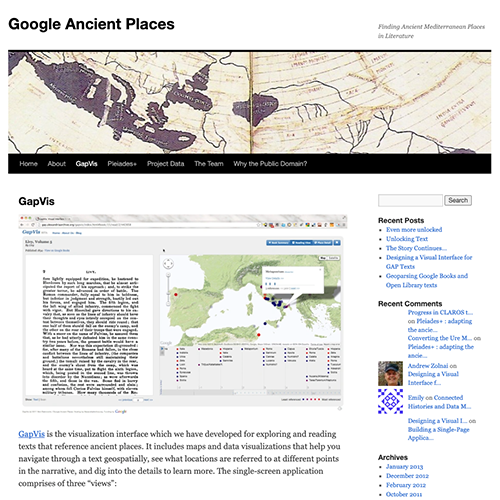
Google Ancient Places
GapVis is the visualization interface which we have developed for exploring and reading texts that reference ancient places.
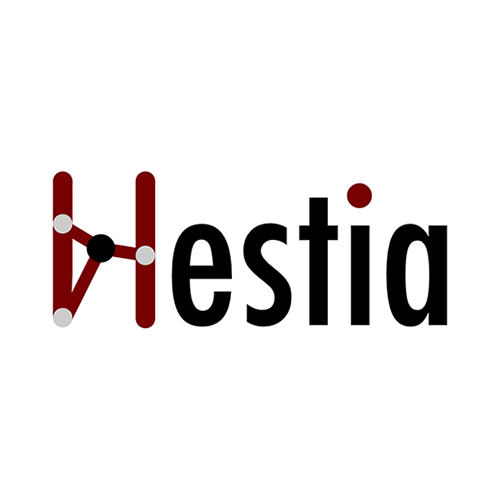
Hestia
Using a digital text of Herodotus’s Histories, Hestia uses web-mapping technologies such as GIS, Google Earth and the Narrative TimeMap to investigate the cultural geography of the ancient world through the eyes of one of its first witnesses.

Listening Experience Database
This is an open and freely searchable database that brings together a mass of data about people’s experiences of listening to music of all kinds, in any historical period and any culture.
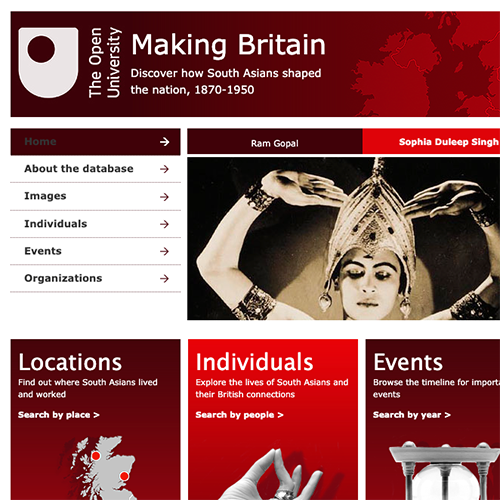
Making Britain
This online database provides information about South Asians in Britain from 1870 to 1950, the organizations they were involved in, their British connections, and the major events in which they participated.
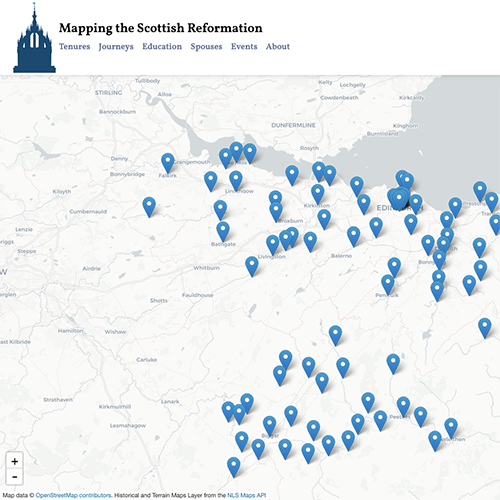
Mapping the Scottish Reformation
The website can help you explore the lives and careers of Scottish clergy between 1560 and 1689. This is the first project to comprehensively chart the growth, movement, and networks of Scottish ministers and is based on over 10,000 pages of manuscripts held at the National Records of Scotland in Edinburgh.
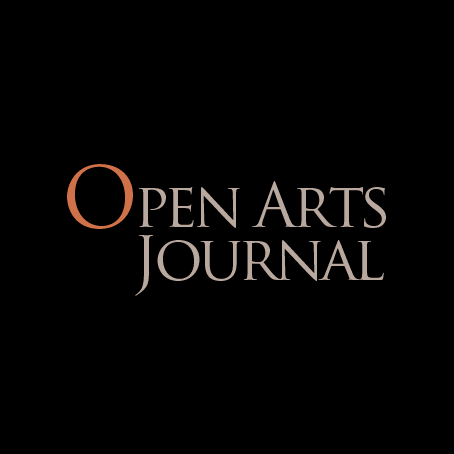
Open Arts Archive
The Open Arts Journal addresses the demand for a rigorously compiled, peer-reviewed platform for arts scholarship open to diverse participants.
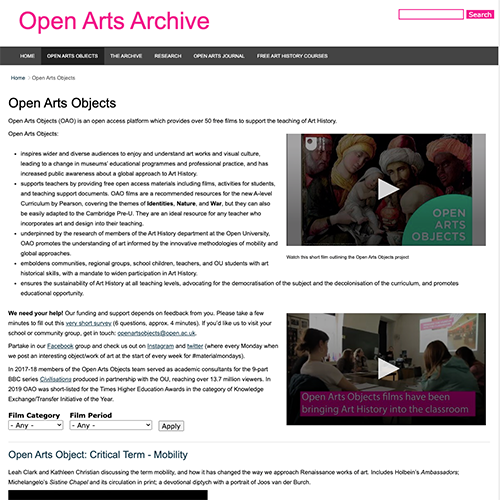
Open Arts Objects
Open Arts Objects (OAO) is an open access platform which provides over 50 free films to support the teaching of Art History.

Pelagios
The Pelagios Network is a community of researchers, scientists and curators using Linked Data methods and tools to investigate the past.
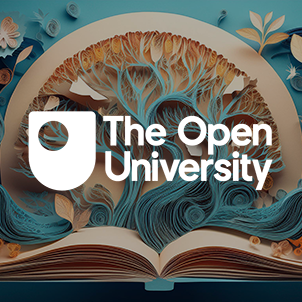
A Question of Style
The project focuses on the Edinburgh Review during the period 1814-1820 and employs methods from periodical studies, book history, computational linguistics and computational stylistics.

Reading Experience Database
UK RED captures the reading tastes and habits of the famous and the ordinary, the young and the old, men and women. The texts range from books and newspapers to ephemera such as playbills and tickets, and from illuminated manuscripts, novels and poetry to tombstone inscriptions and graffiti.
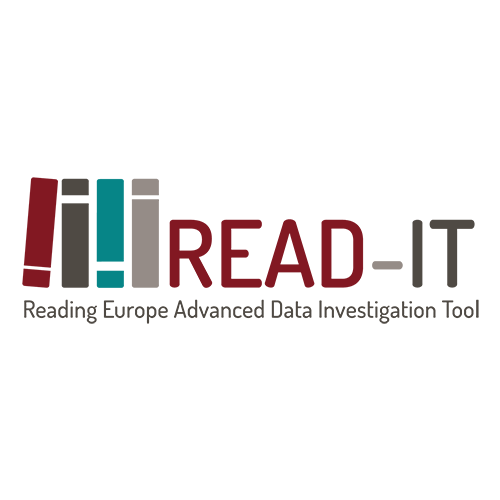
READ-IT
READ-IT will build an unique large-scale, user-friendly, open access, semantically-enriched investigation tool to identify and share groundbreaking evidence about the Cultural Heritage of reading in Europe from the 18th century to the present day.